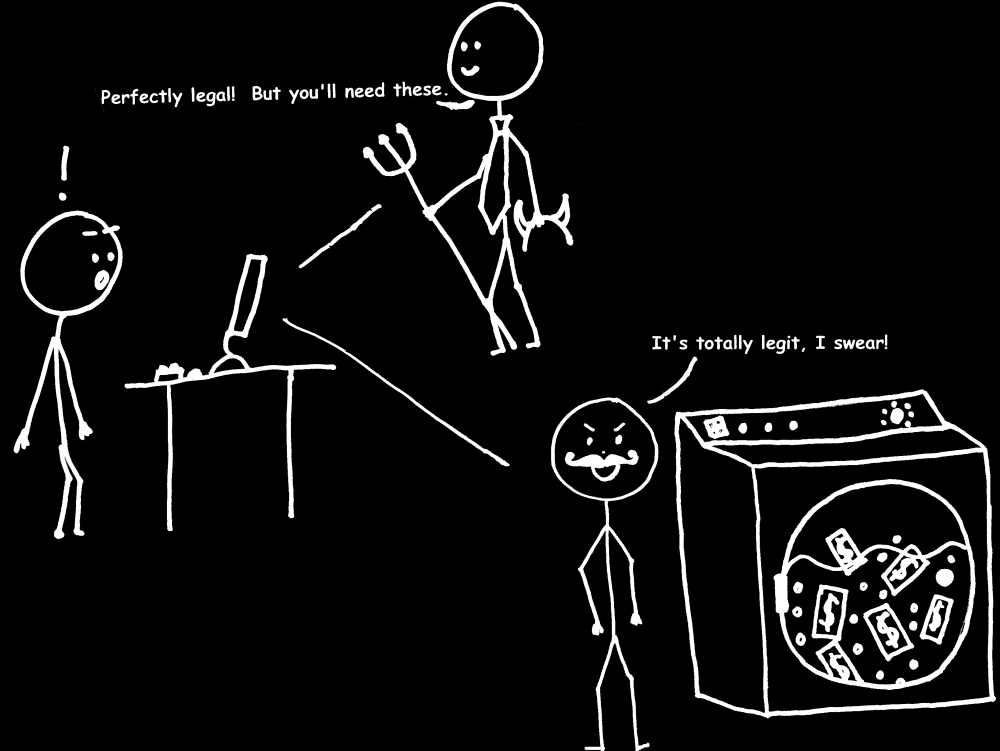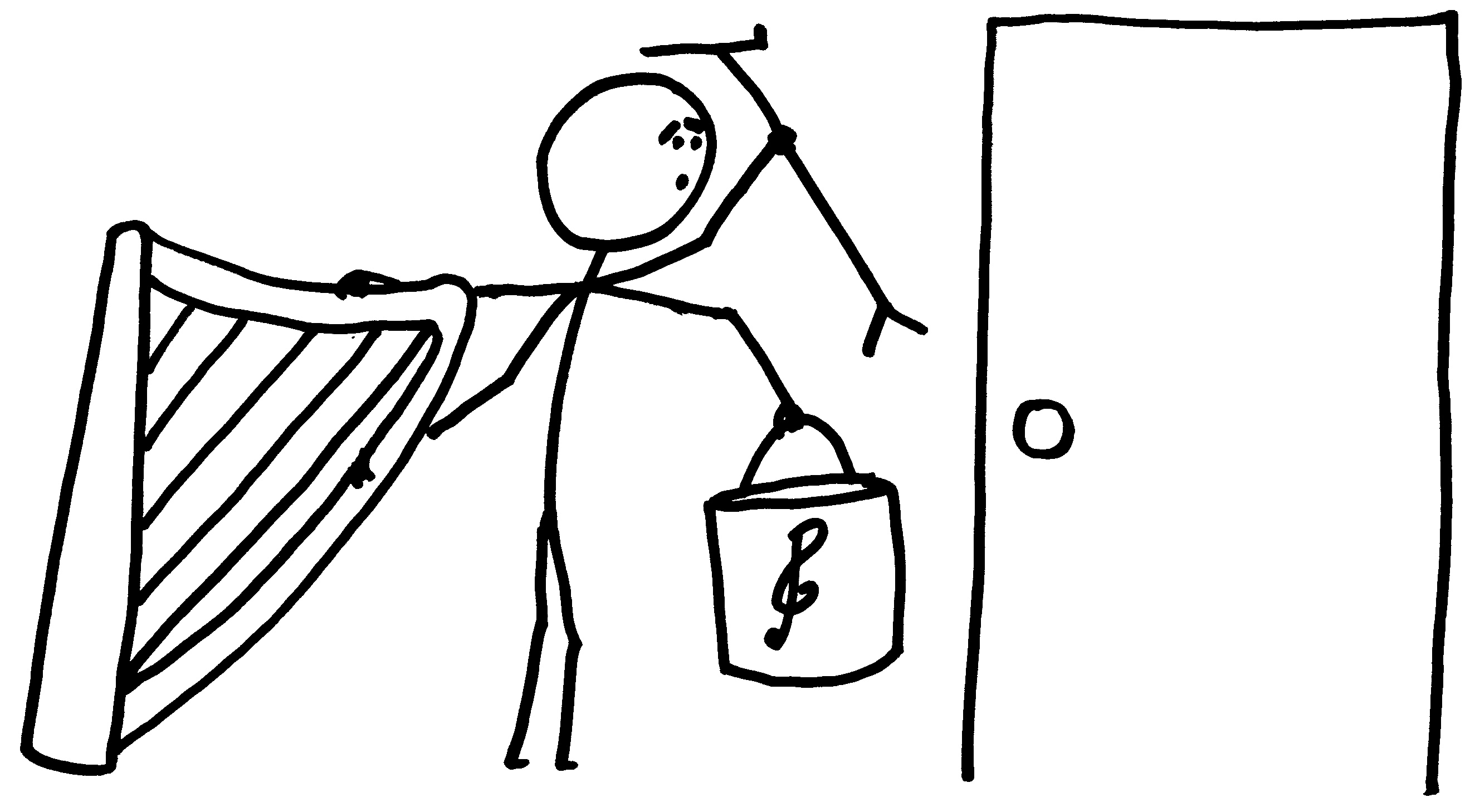Many of you may be familiar with one of Robbie Burns best known poems, “To a Mouse, on Turning Her Up in Her Nest with the Plough.” This is the poem with the oft-quoted lines “The best-laid schemes o’ mice an’ men/ Gang aft agley.”
I find this poem, especially the last two stanzas (see below), particularly apropos to my current underemployed condition. I suspect it also speaks for many other over-educated musicians, and in fact for many students just out of grad school whatever their field of study.
So many of us spent years preparing for our chosen path in life, only to find the world changing around us. It may seem like the world has no place left in it for us, but as I mentioned in my first post, I plan to adapt. Burns has a point about the advantages the mouse has in our shared situation. It would not hurt to borrow some of the mouse’s advantages- the future which seemed so certain may now be a complete a complete unknown, but it will not help to fear it. The unknown can hold good just as easily as bad- in my case, it now appears that it holds a lot of computer science, which for me is a very good thing indeed.
But Mousie, thou art no thy lane,
In proving foresight may be vain:
The best-laid schemes o’ mice an’ men
Gang aft agley,
An’ lea’e us nought but grief an’ pain,
For promis’d joy!
Still thou are blest, compared wi’ me!
The present only toucheth thee:
But och! I backward cast my e’e,
On prospects drear!
An’ forward, tho’ I canna see,
I guess an’ fear!









